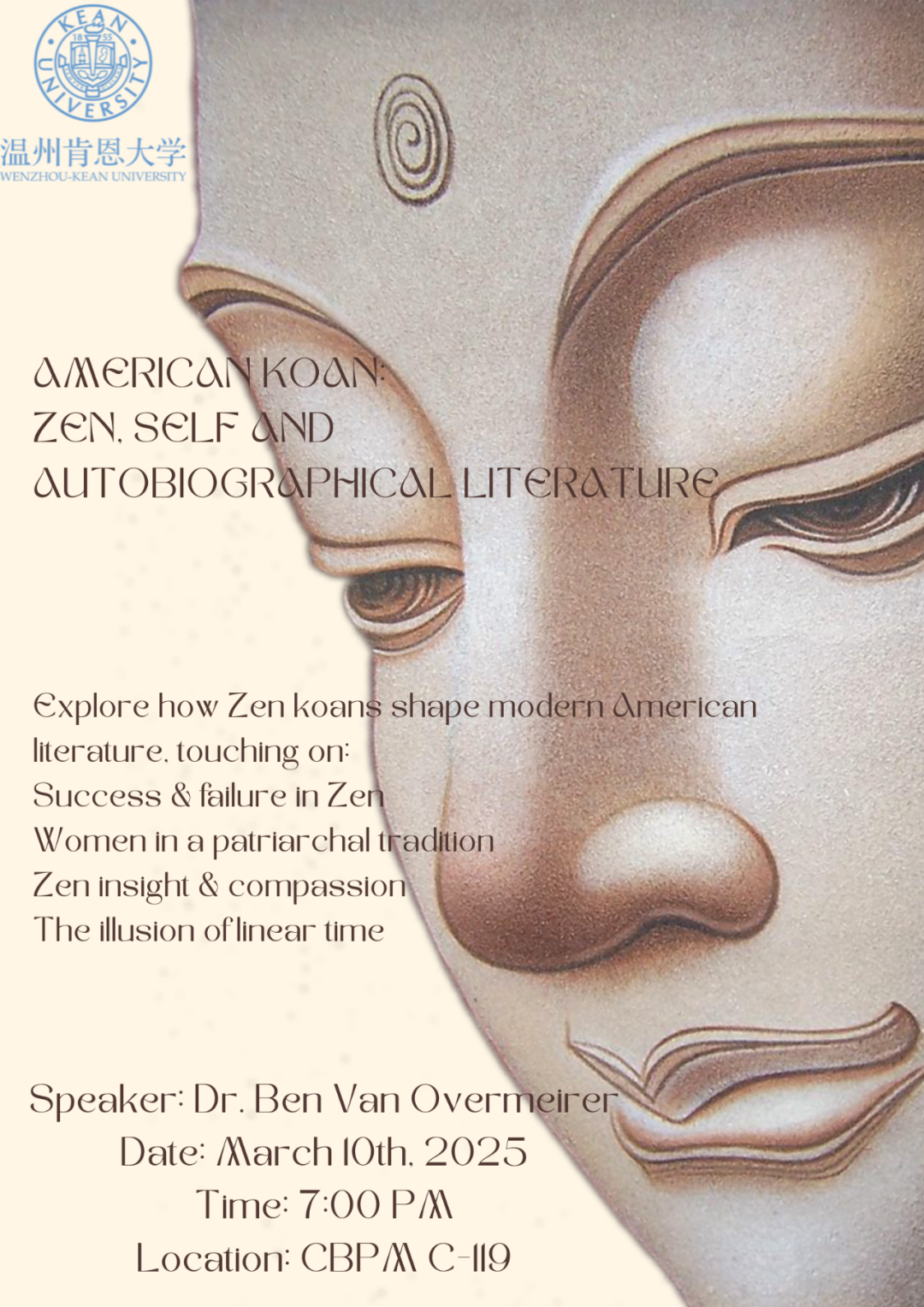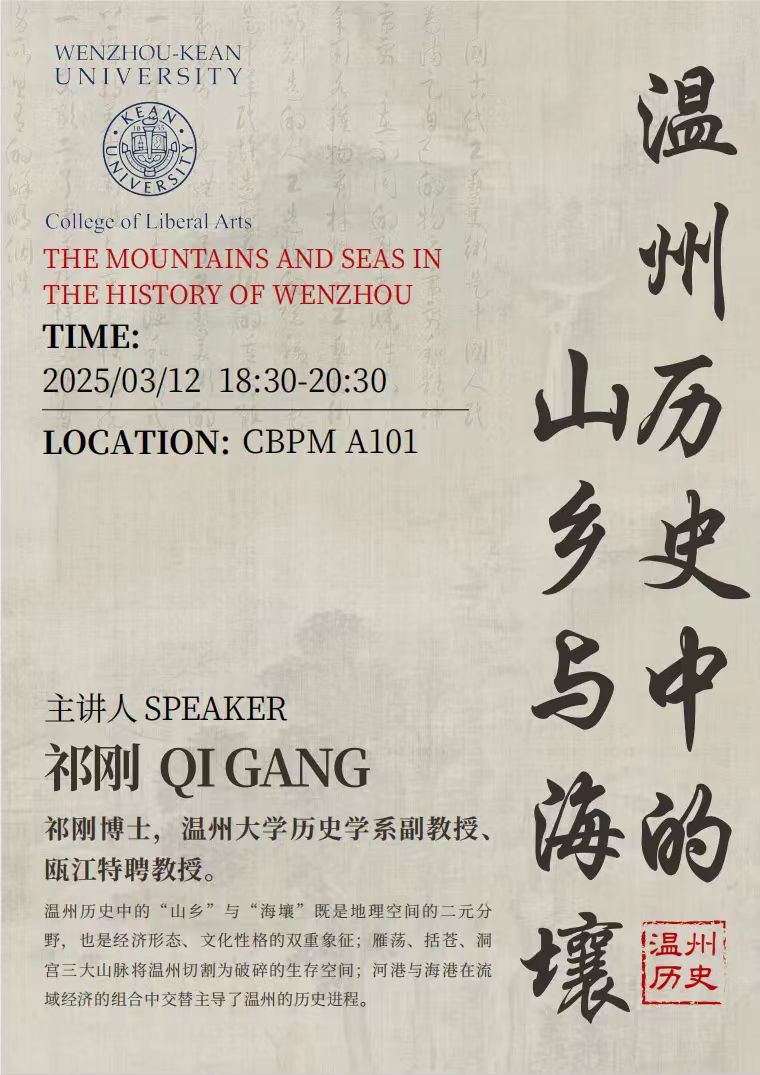Ecology, Culture, and Leadership: Unveiling the Nexus of Evolutionary and Cultural Dynamics
The presenter is Prof. Mark van Vugt. He is Professor of Evolutionary psychology, Work and Organizational psychology at Vrije Universiteit Amsterdam and the Director of the Amsterdam Leadership Lab. He is also a research fellow at the University of Oxford. His research explores psychological processes in workplace and organizational settings through an evolutionary lens, with a focus on leadership, power, status, conflict, and cooperation. He has published over 200 scientific articles in top-tier journals such as Nature, Current Biology, Proceedings of the Royal Society B, Journal of Personality and Social Psychology, Psychological Science, American Psychologist, and Academy of Management Review.
His work has been recognized with numerous research grants from national and international funding bodies, including a major EU Horizon Europe grant on mental health in the workplace. He is a frequent contributor to national and international media and has received multiple awards for his contributions to science and science communication, including recent honours from the Alexander von Humboldt Foundation and the Academy of Management for his lifetime academic achievements.
In this talk Professor Mark van Vugt proposes an integrative framework that bridges cultural and evolutionary paradigms, emphasizing two pivotal mechanisms: evoked culture—adaptive responses to immediate ecological threats—and transmitted culture, which perpetuates leadership ideals across generations even when mismatched to current conditions. For instance, societies exposed to resource scarcity or high pathogen prevalence tend to prioritize authoritarian and self-protective leadership, whereas stable, resource-abundant ecologies favor participative and team-oriented leadership models. These findings are supported by cross-societal data from large-scale studies such as GLOBE, alongside anthropological and behavioral evidence from small-scale societies.



